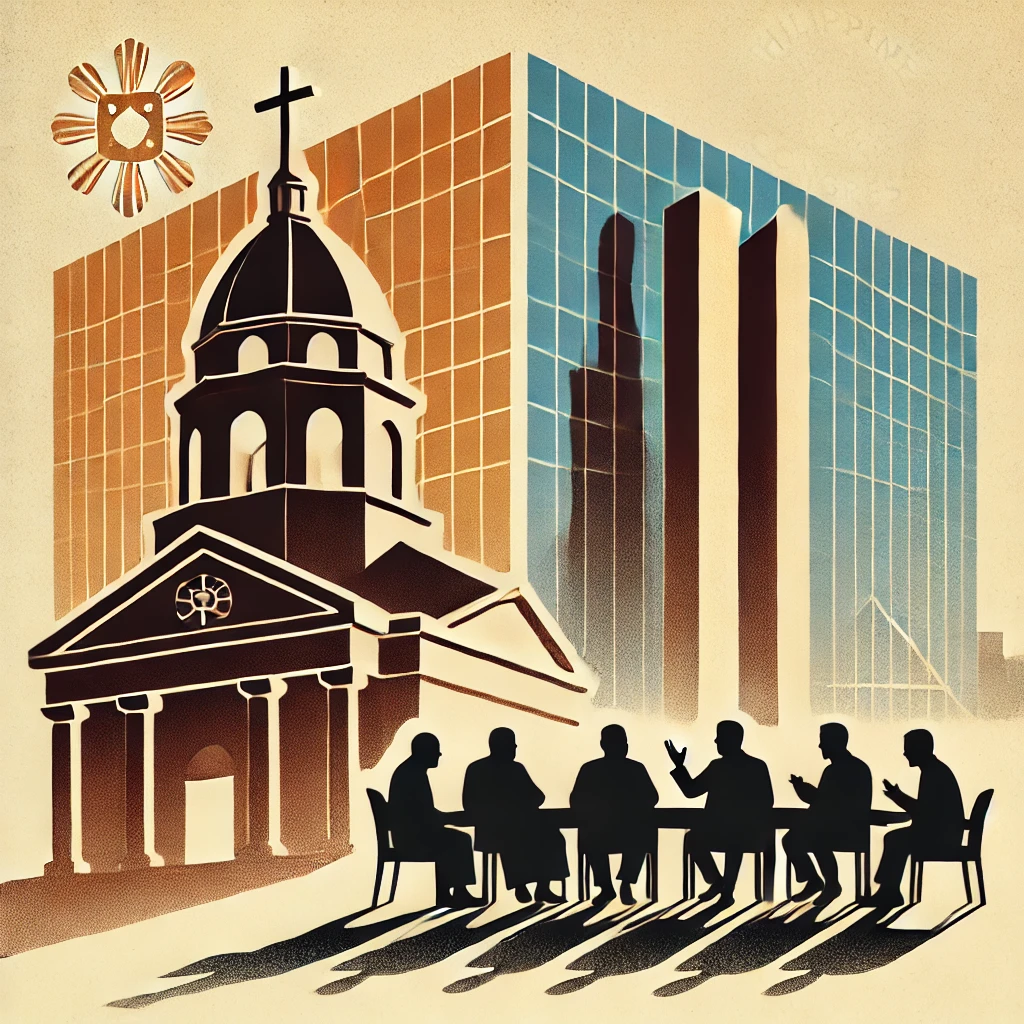(Philippines) – Barangay election is about to come. Every barangay in the country will be electing local leaders who will foster exemplary and impartial leadership to the people. By that, we mean to see leaders, even in Barangay Level, who possess a political will to transform their particular societies.
In this blog post, let us talk about the power of political will in driving positive change within societies. We begin by its definition, down to its influence on policies, historical examples, challenges, and global impact. Learn how political will shapes societies and drives meaningful change.
- Definition: A political will refers to the determination and intention of political leaders or authorities to implement specific policies or reforms despite potential challenges.
- Critical for Change: Political will is crucial for initiating and sustaining positive changes within a society, including economic reforms, social justice, and environmental policies.
- Varied Forms: Political will can manifest in various forms, such as passing legislation, allocating resources, enforcing regulations, or mobilizing public opinion.
- Influence on Policies: The strength of political will often determines the effectiveness of policies. Strong political will can drive policies even in the face of opposition, while weak political will can hinder the implementation of well-devised plans.
- International Context: Political will is essential in international relations too, as it determines a country’s commitment to treaties, agreements, and global issues like climate change and human rights.
- Historical Examples: Historical events, such as the abolition of slavery or the civil rights movement, showcase the power of political will in driving societal change against deeply entrenched norms.
- Role of Public Opinion: Public opinion and social movements can influence political will. When politicians perceive strong public support for a particular cause, they are more likely to act upon it.
- Challenges: Political will often faces challenges, such as vested interests, corruption, bureaucracy, and short-term political considerations, which can hinder the implementation of necessary reforms.
- Evolving Notion: The concept of political will is not static. It evolves over time, adapting to cultural, social, and political changes within societies.
- Global Impact: Political will is not limited to individual nations; it also affects global issues. Collaboration and shared political will among nations are essential for addressing issues like climate change, poverty, and pandemics effectively.
These points highlight the nature and importance of political will in shaping societies and driving meaningful change. It is our concern to impart these insights, especially to our upcoming local leaders. And one should know that political will stands for the benefits of the society, not for the leaders themselves.



